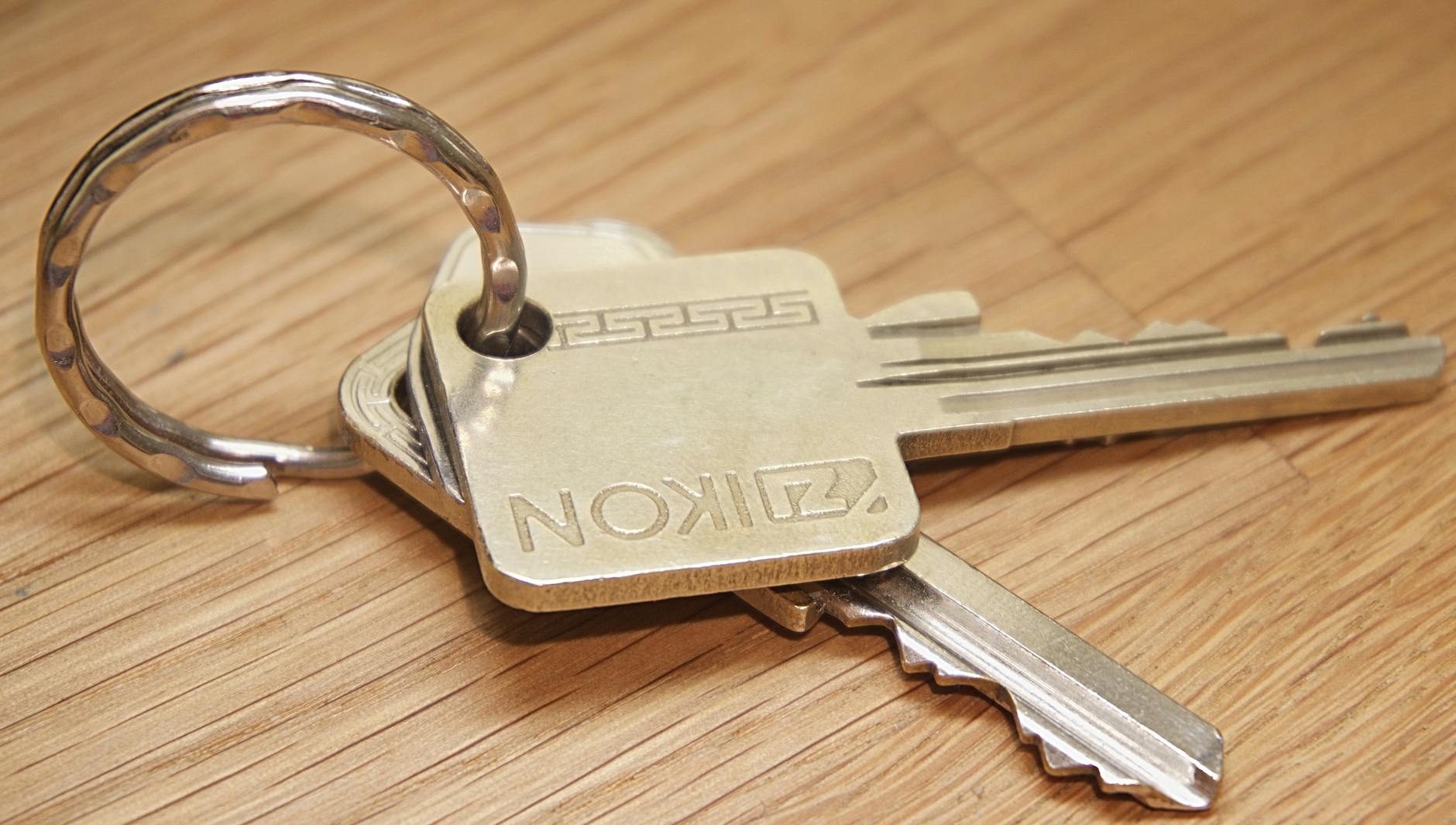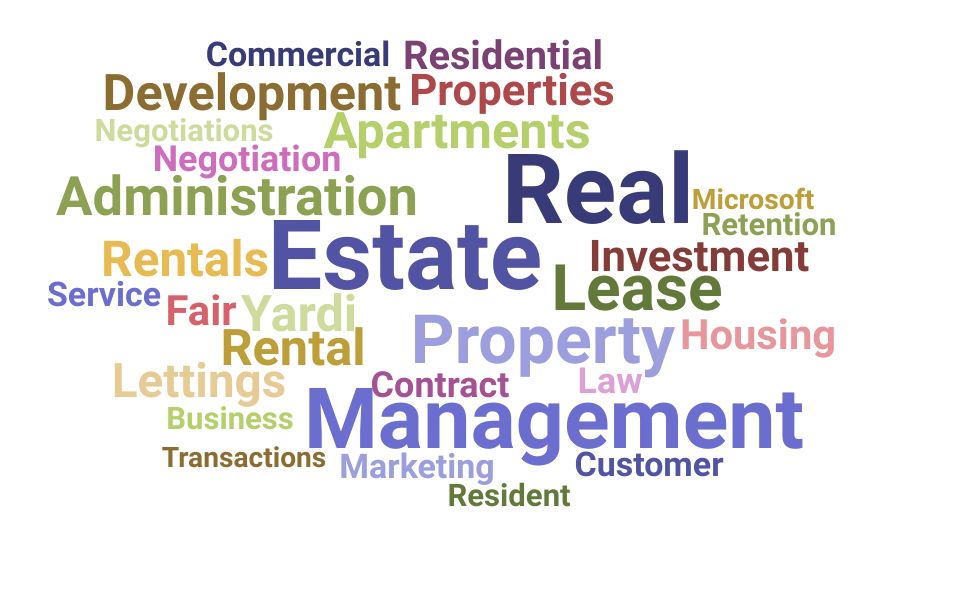Unlock the secrets to success as a rookie property manager with these top tips for navigating the real estate world.

Image courtesy of Ingo Joseph via Pexels
Table of Contents
- Understanding the Basics of Property Management
- Tips for Effective Communication
- Dealing with Rental Properties
- Maintenance and Upkeep
- Financial Management for Properties
- Legal Know-How for Property Managers
- Building Relationships with Tenants
- Using Technology in Property Management
- Continued Education and Professional Growth
- Conclusion
- Frequently Asked Questions (FAQs)
Welcome, new property managers! Starting out in property management can be both exciting and challenging. Don’t worry; we have some valuable tips and advice for you to navigate this field successfully. With the right skills and strategies, you’ll be well on your way to effective property management. Let’s dive in and discover some essential tips for property managers and a guide for those who are new to this role.
Understanding the Basics of Property Management
What is Property Management?
Property management is the process of overseeing and handling real estate properties on behalf of owners. Essentially, property managers take care of all the tasks related to maintaining and running a property smoothly.
Roles and Responsibilities
As a property manager, you will wear many hats. Your day-to-day responsibilities may include collecting rent, handling maintenance and repairs, finding tenants, and ensuring the overall well-being of the property. It’s essential to be organized and proactive to excel in this role.
Tips for Effective Communication
Communication is key in property management. Building strong relationships with tenants and team members is crucial for successful management. Here are some tips to help you communicate effectively:
Listening and Responding
Listening is an essential part of effective communication. When a tenant or team member comes to you with a concern, make sure to listen attentively. Put yourself in their shoes and try to understand their perspective. Respond in a helpful and empathetic manner to show that you care about their needs.
Keeping Everyone Informed
Transparency is vital in property management. Make sure to keep tenants and property owners informed about important matters relating to the property. Whether it’s upcoming maintenance work, changes in policies, or updates on rental agreements, clear and timely communication helps build trust and fosters a positive relationship.
Dealing with Rental Properties
Setting the right rent for your property is crucial. You want to find a balance where it’s not too high to deter potential tenants and not too low that you’re missing out on potential income. Researching similar properties in the area can help you gauge what the market rate is and set your rent accordingly.

Image courtesy of www.linkedin.com via Google Images
Ensuring Timely Rent Collection
Collecting rent on time is essential for maintaining a steady income flow. Creating clear policies around rent collection and enforcing them consistently can help ensure that tenants understand their responsibilities. Sending timely reminders and having a system in place for late payments can help you stay on top of rent collection.
Maintenance and Upkeep
One key aspect of effective property management is conducting regular inspections of the properties you oversee. Inspections help you identify any potential issues early on, allowing you to address them before they escalate into larger problems. By staying proactive with inspections, you can ensure that your properties are well-maintained and in good condition.
Prompt Repairs
When maintenance issues arise, it’s crucial to address them promptly. Prompt repairs not only prevent further damage to the property but also show tenants that you are responsive and attentive to their needs. Whether it’s a leaky faucet, a broken appliance, or a faulty light fixture, tackling repairs in a timely manner can save you time and money in the long run.
Financial Management for Properties
As a property manager, it’s crucial to plan and budget for the various expenses that come with managing properties. This includes regular costs like maintenance, repairs, utilities, and insurance, as well as unforeseen expenses like emergency repairs or legal fees. By setting aside a portion of the budget for these potential costs, you can ensure that your properties remain well-maintained and financially stable.
Image courtesy of www.quora.com via Google Images
Keeping Records
Keeping accurate and organized financial records is essential for effective property management. This includes documenting all income and expenses, maintaining records of repairs and maintenance work, and tracking rent payments and late fees. By keeping detailed records, you can easily track the financial health of your properties, prepare accurate reports for owners and stakeholders, and stay on top of any outstanding payments or issues.
Legal Know-How for Property Managers
Being a property manager involves more than just maintaining buildings and collecting rent. It’s crucial to understand the laws and regulations that govern property management to ensure a smooth and compliant operation. Here are some key legal aspects every property manager should be aware of:
Knowing the Law
As a property manager, it’s essential to familiarize yourself with tenant-landlord laws and other regulations that affect your role. These laws outline the rights and responsibilities of both tenants and landlords, covering areas such as lease agreements, security deposits, eviction processes, and property maintenance standards. By understanding the law, you can protect yourself and your tenants from legal issues and disputes.
Lease Agreements
One of the most important legal documents in property management is the lease agreement. This contract outlines the terms and conditions of the rental arrangement, including rent payments, lease duration, responsibilities of both parties, and rules for the property. It’s crucial to create clear and comprehensive lease agreements to ensure that all parties understand their obligations and rights. A well-crafted lease agreement can help prevent misunderstandings and conflicts down the line.
Building Relationships with Tenants
In property management, one of the most important aspects of your job is building strong relationships with your tenants. Creating a positive and respectful connection with those living in your properties can lead to smoother interactions, better communication, and ultimately happier tenants. Here are some key strategies to help you foster these relationships:

Image courtesy of resumeworded.com via Google Images
Being Approachable
As a property manager, it is essential to be approachable and accessible to your tenants. Make sure they know how to reach you with any concerns or questions they may have. Whether it’s through email, phone, or in person, showing tenants that you are open and available to address their needs creates a sense of trust and reliability.
Resolving Disputes
Conflicts and disputes are bound to arise in any rental situation. When disagreements occur between tenants or between a tenant and the property management team, it is crucial to handle these issues professionally and fairly. Listen to all parties involved, gather information, and work towards a resolution that satisfies everyone as best as possible. Effective conflict resolution can help maintain a positive environment and prevent tensions from escalating.
Using Technology in Property Management
Technology plays a crucial role in simplifying property management tasks for new property managers. Software solutions are designed to streamline processes and increase efficiency. These tools can help with tasks such as tenant screening, rent collection, maintenance tracking, and communication management. By utilizing property management software, new managers can save time and easily manage multiple properties from one centralized platform.
Online Rent Collection
One of the significant benefits of technology in property management is online rent collection. Implementing an online payment system allows tenants to pay their rent electronically, eliminating the need for manual checks and cash transactions. This not only improves the tenant experience but also ensures timely rent payments and reduces the risk of late or missed payments. Online rent collection tools provide convenience for both tenants and property managers, making the entire process more efficient and transparent.
Continued Education and Professional Growth
As a property manager, it’s essential to continuously enhance your skills and knowledge to thrive in this competitive field. Seeking out resources for personal and professional development is crucial to stay ahead. You can attend workshops, seminars, and online courses to learn about the latest trends and best practices in property management. By staying updated on industry advancements, you can provide better service to your clients and improve your overall effectiveness as a property manager.

Image courtesy of localchoicegroup.com via Google Images
Networking
Networking plays a significant role in the growth and success of property managers. Connecting with other professionals in the field can open up opportunities for collaboration, mentorship, and career advancement. By attending industry events, joining professional organizations, and engaging in online forums, you can expand your network and learn from others’ experiences. Building strong relationships with fellow property managers can also provide you with valuable insights, support, and resources to excel in your role.
Conclusion
As you embark on your journey as a rookie property manager, remember that the key to success lies in applying the top tips discussed in this guide. Effective property management is all about communication, organization, and staying informed about the latest trends and regulations in the field.
| Tip | Description |
|---|---|
| 1 | Understand the Lease Agreement |
| 2 | Communicate effectively with tenants |
| 3 | Maintain the property regularly |
| 4 | Be prepared for emergencies |
| 5 | Keep detailed records |
Whether it’s setting the rent right, maintaining properties diligently, or building strong relationships with tenants, each aspect plays a crucial role in ensuring smooth operations and happy stakeholders. By embracing these principles, you can navigate the challenges of property management with confidence and competence.
So, go forth with these strategies in mind and remember that continuous learning and growth are essential for staying ahead in the ever-evolving world of property management. By honing your skills, leveraging technology, and fostering positive relationships, you’ll not only excel in your role but also make a positive impact on the properties you manage and the people you serve.
Frequently Asked Questions (FAQs)
What is Property Management?
Property management involves the day-to-day operations of rental properties. This includes tasks like finding tenants, collecting rent, property maintenance, and handling tenant concerns.
Roles and Responsibilities
As a property manager, your main responsibilities will include finding and screening tenants, setting rental rates, handling lease agreements, conducting property inspections, addressing maintenance issues, and ensuring timely rent collection.
Listening and Responding
It’s essential for property managers to actively listen to tenant concerns and respond in a helpful manner. This fosters a positive relationship with tenants and ensures their needs are met.
Keeping Everyone Informed
Communication is key in property management. Make sure to keep tenants and property owners informed about any important updates, changes, or issues regarding the property.
Setting the Rent Right
Setting the right rent price is crucial for attracting tenants and ensuring a steady income flow. Conduct market research to determine competitive rates for your rental property.
Ensuring Timely Rent Collection
Establish clear policies for rent collection and enforce them consistently. This helps maintain a good relationship with tenants and ensures you receive rent payments on time.
Regular Inspections
Conduct regular property inspections to identify maintenance issues early on and ensure the property is well-maintained. This helps prevent costly repairs in the future.
Prompt Repairs
Address maintenance and repair issues promptly to minimize tenant dissatisfaction and prevent small problems from turning into bigger, more expensive issues.
Budgeting for Expenses
Create a detailed budget that includes both regular expenses like maintenance and utilities, as well as setting aside funds for unexpected costs that may arise.
Keeping Records
Maintain accurate and organized financial records to track expenses, income, and other financial transactions related to the property. This will help you stay on top of your finances and comply with any legal requirements.
Knowing the Law
It’s important to understand the laws and regulations that govern property management, including tenant-landlord laws, fair housing laws, and local regulations. This knowledge will help you avoid legal issues and protect both yourself and your tenants.
Lease Agreements
Ensure that your lease agreements are clear, comprehensive, and compliant with all relevant laws. A solid lease agreement protects both you and your tenants by outlining rights, responsibilities, and expectations clearly.
Being Approachable
Make yourself accessible and approachable to tenants so that they feel comfortable reaching out to you with any concerns or questions. Building a good relationship with tenants can lead to smoother communication and problem-solving.
Resolving Disputes
When conflicts arise between tenants or between you and a tenant, it’s important to handle them calmly, fairly, and professionally. Effective conflict resolution can help maintain a positive relationship with tenants and prevent further issues.
Software Solutions
Explore software tools designed for property management to streamline your tasks, organize information, and improve efficiency. These tools can help you manage properties more effectively and stay organized.
Online Rent Collection
Consider implementing online rent collection to make the payment process easier for tenants and more efficient for you. Online rent collection can streamline the payment process, reduce late payments, and offer a convenient option for tenants.
Learning New Skills
Continued education and skill development are key to staying competitive in the property management field. Seek out resources, courses, and networking opportunities to expand your knowledge and enhance your abilities.
Networking
Building connections with other property management professionals can provide valuable support, insights, and opportunities for growth. Networking events, industry conferences, and online forums are great places to connect with colleagues in the field.
Idaho Poperty Management
